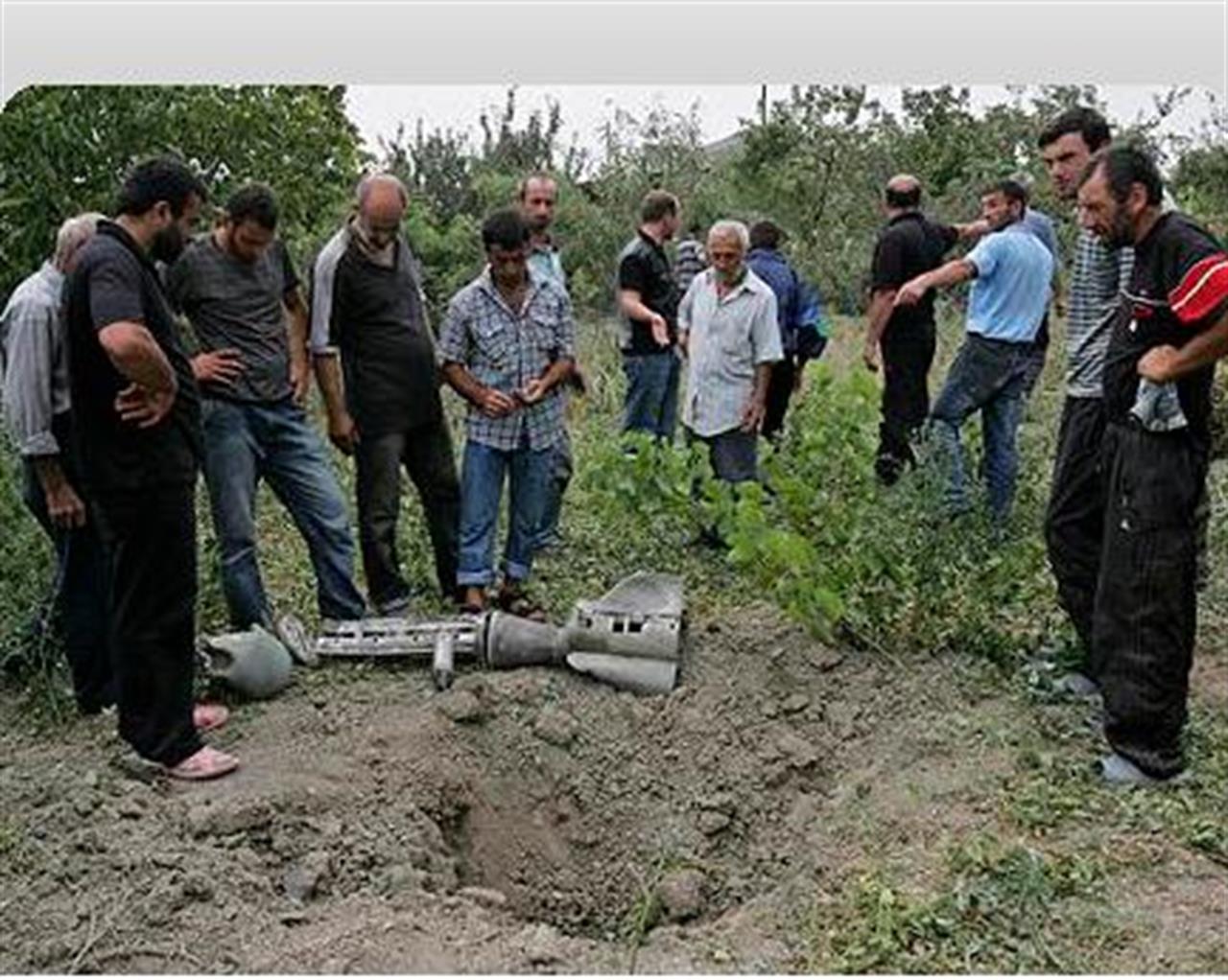Non profit
Global ban on cluster bombs
Campaigners celebrate as the Convention on Cluster Munitions enters into force.

Civil society and International organisations celebrated Sunday August 1 as the 2008 Convention on Cluster Munitions enters into force but of the 108 countries that originally signed the convention only 38 have since ratified it.
A “triumph of humanitarian values over a cruel and unjust weapon,” says Thomas Nash, coordinator of the Cluster Munitions Coalition (CMC), an organisation that has been campaigning against their use.
A big step forward but the battle to eradicate cluster munitions is far from won as countries like the United-States, Russia and China have still not ratified the convention. The US administration defends its decision not to ratify stating that they are a “legitimate weapons” with “clear military utility in combat.”
The International Committee of the Red Cross (ICRC) hopes “that the entry into force will also affect the practice of States that have not yet adhered to the treaty,” said Jakob Kellenberger, the president of the ICRC.
CMC argues that “an international stigma against cluster munitions” is gaining momentum, citing the international community’s condemnation of the use of cluster munitions by both Russia and Georgia in the conflict over South Ossetia in August 2008.
The 38 countries that ratified the convention must now declare and destroy stockpiles of cluster munitions within eight years; identify and clean cluster munitions contaminated areas within 10 years; and assist affected communities and cluster munitions survivors.
According to CMC, in recent weeks Moldova and Norway destroyed the last of their cluster munitions stockpiles, joining Spain, which eradicated its stockpile last year.
Civilian victims
Cluster munitions, which were first developed during the second world war, have been singled out by activists because of their high civilian casualty rates. Handicap International estimates that 98 per cent of these weapon’s victims are civilians and nearly one-third are children.
On impact the bomb releases a shower of “bomblets” that are then dispersed over a large area. If it fails to detonate they can remain active for years, posing a lethal threat to those living in the area.
Vuoi accedere all'archivio di VITA?
Con un abbonamento annuale potrai sfogliare più di 50 numeri del nostro magazine, da gennaio 2020 ad oggi: ogni numero una storia sempre attuale. Oltre a tutti i contenuti extra come le newsletter tematiche, i podcast, le infografiche e gli approfondimenti.
